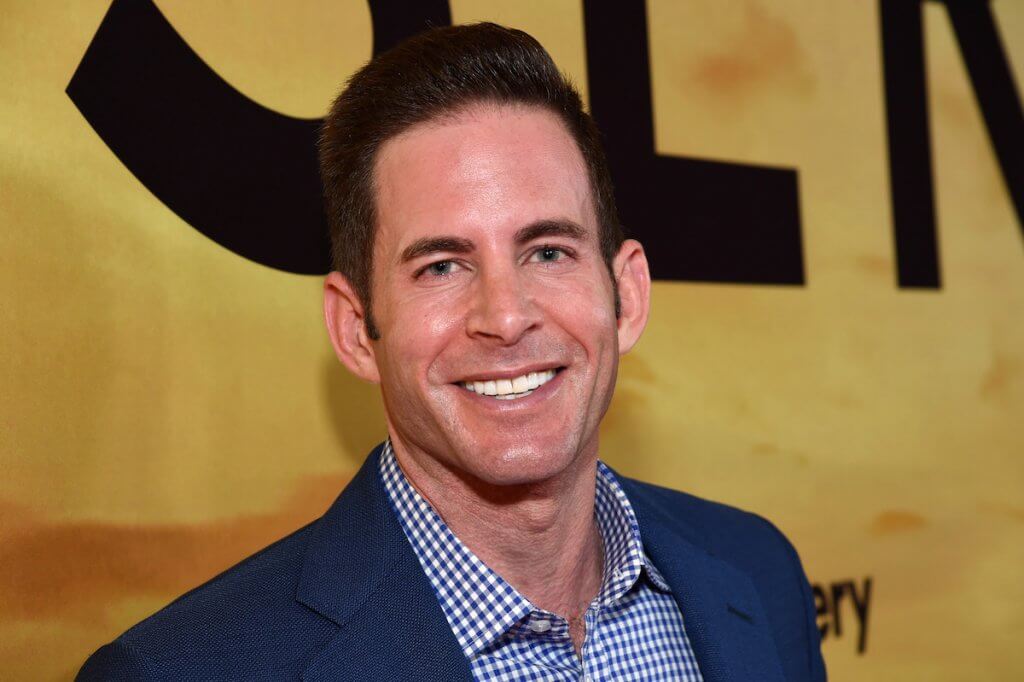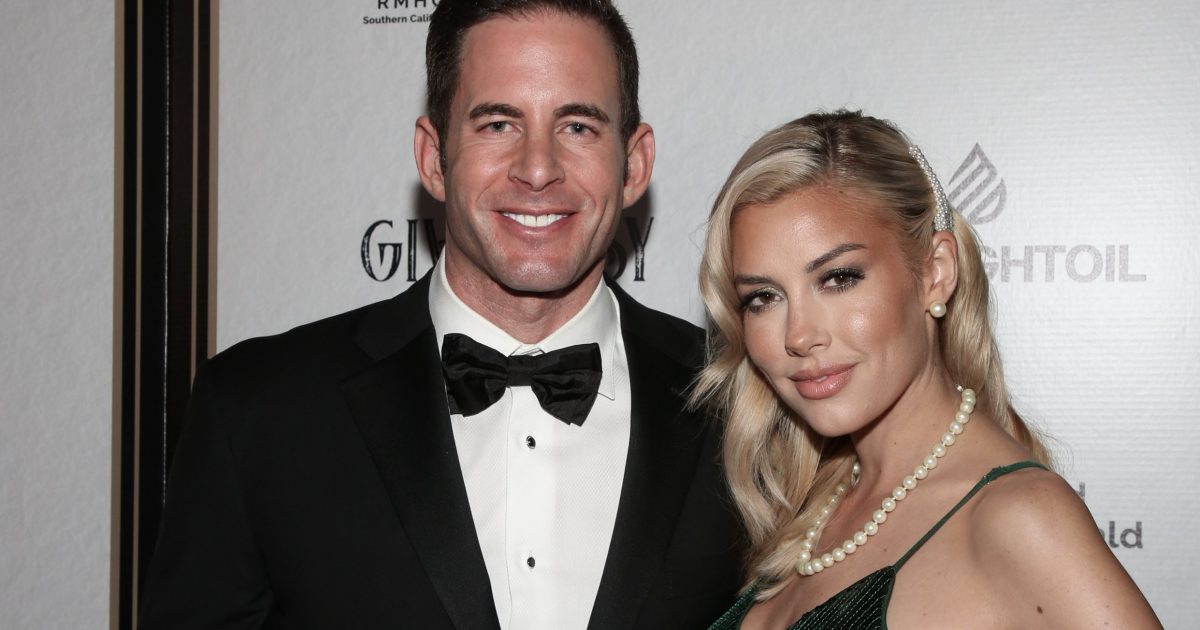Fertility Challenges: Remember, There Are Options
- Selling Sunset star Heather Rae Young opens up about how her husband Tarek El Moussa's cancer battles have resulted in fertility struggles.
- Many people diagnosed with cancers that affect reproductive parts such as El Moussa's testicular cancer may choose to freeze their sperm or their eggs (for people battling ovarian, cervical and other cancers) as a way to preserve their fertility prior to cancer treatment.
- However, when freezing eggs or embryos isn't an option, doctors may try less common approaches, such as ovarian tissue freezing.
Young, 34, shared her struggles with fertility and in vitro fertilization (IVF) during an interview on the television show The Doctors.
Read MoreView this post on Instagram
Tarek El Moussa's Cancer Battles
In 2013, Tarek El Moussa, now 40, was diagnosed with thyroid cancer and testicular cancer (both of which he would beat).
His thyroid cancer diagnosis came after a viewer of his HGTV show Flip or Flop, who also happened to be a nurse, noticed a lump on El Moussa's throat while watching him on television. She contacted the network, telling them what she had seen.
In the same year, he was diagnosed with testicular cancer.

In a 2017 interview with People magazine, El Moussa said of the experience: "I was at one building doing my thyroid stuff, and mentioned I was going across the street to get an ultrasound done. I'll never forget the doctor joking, 'I hope you don't have cancer!'"
Dr. Edwin Posadas, the medical director of the Urologic Oncology Program at Cedars-Sinai Cancer, previously told SurvivorNet that testicular cancer doesn't often present with pain, but it can.
"Most men will present with some sort of mass on their testicle; a sexual partner or spouse may feel the mass when they're being intimate," he said, adding that some men may notice blood in their ejaculate as a result of testicular cancer, which is a less common symptom.
The treatment path for both types of cancers depends upon the stage at which the cancer is diagnosed. Common treatments for testicular cancer include chemotherapy, surgery and radiation. Treatments for thyroid cancer can include surgery, hormone therapy, radioactive iodine, radiation and, in some cases, chemotherapy.
Some cancer treatments such as chemotherapy and radiation can have a negative effect on a man's fertility. We don't know if El Moussa's cancer treatment regimen could have had an effect on his ability to sire children. We also don't know if it's him or his wife (or both) who are behind the couple's infertility challenge. Even in cases of male factor infertility, it's often still the woman who needs to undergo IVF in order for the couple to successfully conceive.
Fertility Challenges
Heather Rae Young has always been open about her ongoing battle to conceive a child with Tarek El Moussa (Tarek already has two children with his first wife, Christina Haack). While she's open about her challenges, she admitted that she's struggled with the decision to do so.
View this post on Instagram
"I started my egg freezing journey two years ago but this year it's really different and my mindset has shifted along the way," she wrote in an Instagram video caption.
"Sharing my journey was something I struggled with because every woman's experience is so different and I know some women go through a lot harder things but I decided I wanted to be vulnerable and real with you guys," she continued. "This is something I think can be really empowering. I want to be strong for other women out there and help guide them through this because it’s a subject that's not talked about enough."
In January, she shared some good news about their fertility journey: during their latest round of IVF, seven eggs were harvested (rather than the two they expected), six of which "ended up being good." They also thawed four eggs from the egg retrieval she did two years prior, three of which ended up making it. So, they now have nine embryos in total, which is great news.
Fertility Preservation After a Cancer Diagnosis
"I've had a few low moments throughout this journey but I've tried to stay as positive as possible and it shows that the body is incredible and can do wonders," she said. "Going into this having sad moments that my body wasn't creating enough healthy follicles and to come out of this with great news!"
Remember, There Are Options
Many people diagnosed with cancers that affect reproductive parts such as El Moussa's testicular cancer may choose to freeze their sperm or their eggs (for people battling ovarian, cervical and other cancers) as a way to preserve their fertility prior to cancer treatment.
As previously stated, some cancer treatments, like chemotherapy, can damage fertility, so it's a preventative measure for people who may want to have children.
In a previous interview with SurvivorNet, Dr. Jaime Knopman, a reproductive endocrinologist at CCRM NY, said that time is of the essence when it comes to fertility conversations with your doctor.
"The sooner we start, the sooner that patient can then go on and do their treatment," she said. "… Success comes down to how old you are at the time you froze and the quality of the lab in which your eggs or embryos are frozen in."
Freezing Eggs or Embryos: What Should I Do?
If you're having a treatment that includes infertility as a possible side effect, your doctor won't be able to tell you for sure whether you will have this side effect. That's why you should discuss your options for fertility preservation before starting treatment.
However, when freezing eggs or embryos isn't an option, doctors may try these less common approaches:
- Ovarian tissue freezing, an experimental approach for girls who have not yet reached puberty and do not have mature eggs, or for women who must begin treatment right away and do not have time to harvest eggs.
- Ovarian suppression to prevent the eggs from maturing so that they cannot be damaged during treatment.
- Ovarian transposition, for women getting radiation to the pelvis, to move the ovaries out of the line of treatment.
Contributing: Anne McCarthy
Learn more about SurvivorNet's rigorous medical review process.


